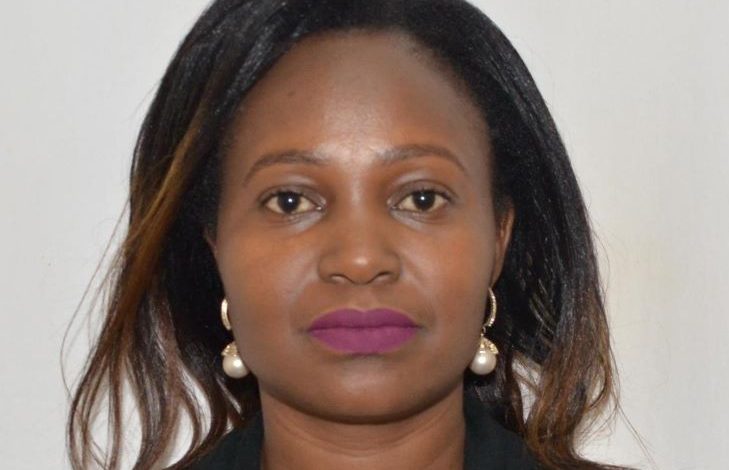Ecama backs Ifmis reformto curb debt crisis

The Economics Association of Malawi (Ecama) has joined economic analysts and multilateral institutions in calling for expedited reform to the Integrated Financial Management Information System (Ifmis) as a tool to contain the country’s growing debt burden.
The call follows reports that Malawi’s debt has risen to K15.17 trillion. This represents a whopping 81 percent of its gross domestic product (GDP), about 1 600 basis points above the 65 percent threshold recommended by global financial institutions such as the International Monetary Fund (IMF) and World Bank.

Ifmis is a system designed to support management of public sector budgetary, financial, and accounting operations and promote better public financial management (PFM) with a centralised registry of public sector revenues and expenditures, according to the International Monetary Fund’s website.
Ecama acting president Bertha Bangara-Chikadza said in an interview on Wednesday that fully-installed and integrated Ifmis could play a pivotal role in addressing the nation’s fiscal deficits and entrenched financial mismanagement, factors widely believed to have contributed to Malawi’s precarious debt position.
Bangara-Chikadza, also an economics lecturer at the University of Malawi, observed that the tool could create a system of checks and balances that reduces the scope for corruption and misappropriation of funds by providing a verifiable trail of all government transactions.
She further said this transparency facilitates better oversight by both internal and external bodies, including auditors and the public, thus enhancing accountability but expressed concern that the government would face resistance from the people who have benefitted from the status quo.
“Overcoming institutional resistance necessitates strong political leadership and a commitment to transparency, reinforced by legal and regulatory frameworks that mandate compliance,” she said in a WhatsApp response. “Furthermore, combating corruption and ensuring the system’s integrity will require rigorous oversight mechanisms to prevent subversion of the system’s core functions.”
The remarks echo sentiment from some sections of local economic analysts who believe that the integration of planning, budgeting, procurement and payment systems ensures that “spending remains within approved limits, thereby enhancing fiscal discipline”.
In an earlier interview, Business Partners International country director Bond Mtembezeka cautioned that reforming the system would not work if the personnel using the system cling to the previous way of managing public finances.
“Any system is as good as the people using it,” he said in a WhatsApp response. “The primary problem is the people themselves. They are resistant to change and they still want to ensure that loopholes are still there and they are not accountable.”
The Malawi government, through the Ministry of Finance and Economic Affairs, initially agreed to fully roll out the Ifmis in the original Staff-Monitored Program with Executive Board Involvement (PMB) signed in September 2022, but was carried over to this edition of the Extended Credit Facility (ECF). The IMF’s country report for Malawi shows that the government was supposed to roll out full functionalities of Ifmis to all government ministries departments and agencies (MDAs) by March 2023 but missed the target.




